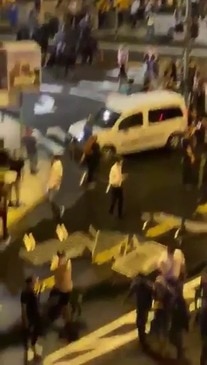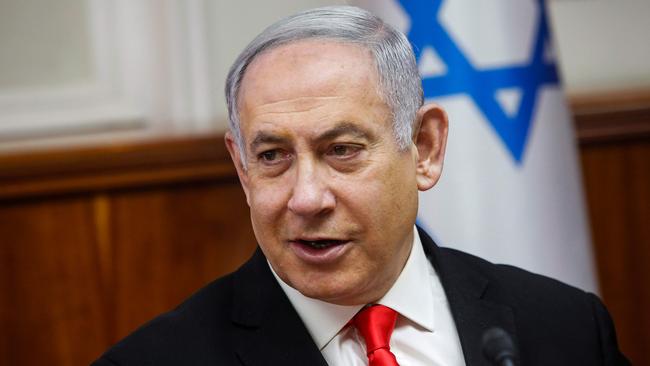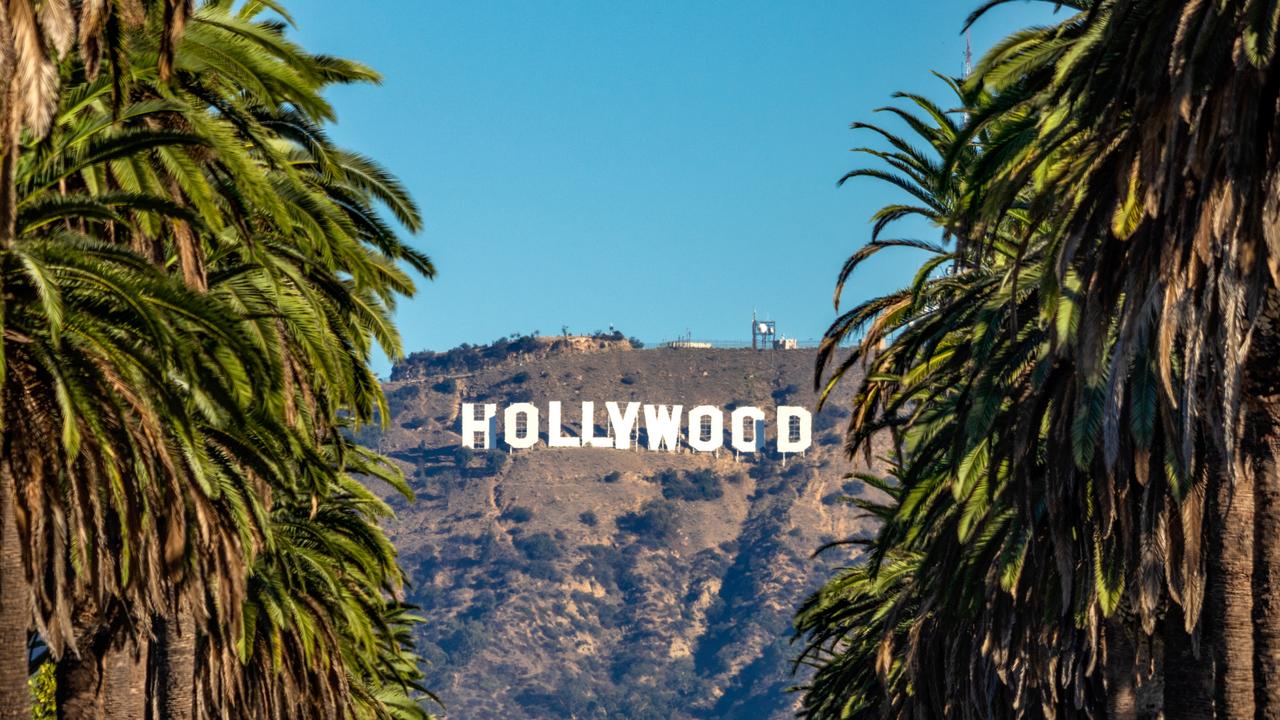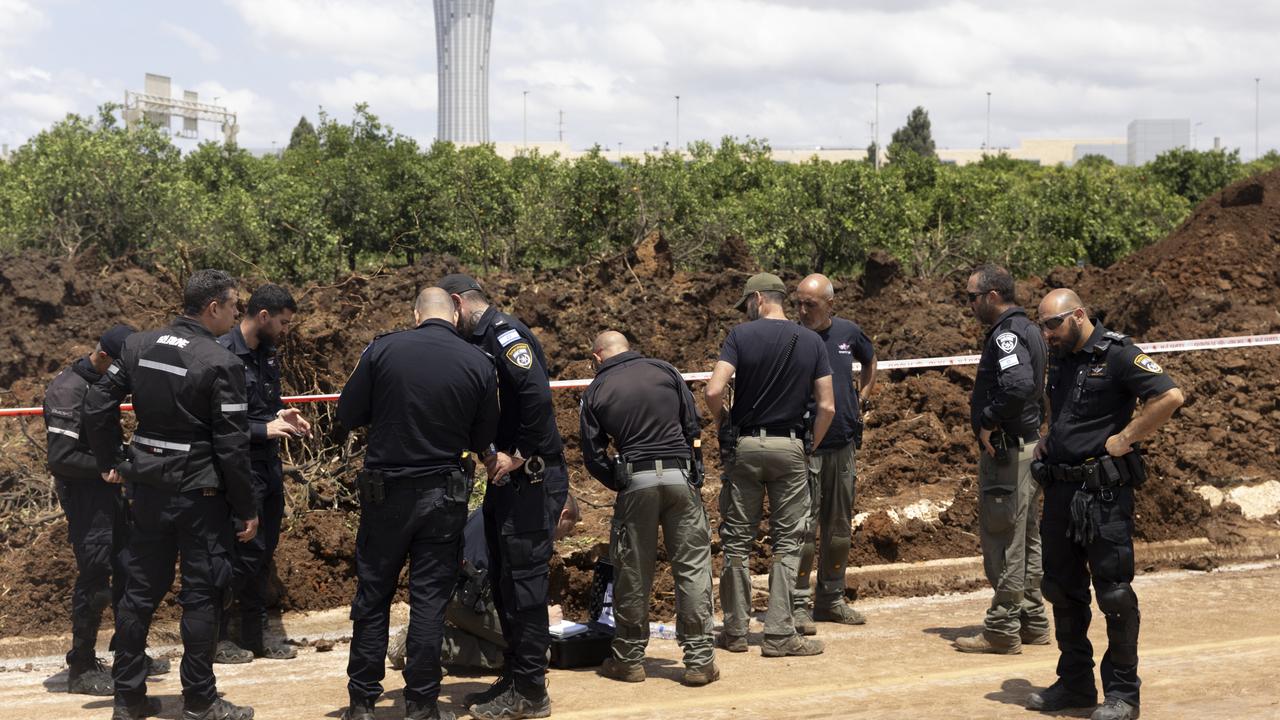Benjamin Netanyahu finds money can’t buy Israel’s ‘Bibistille’ coalition popularity
It’s rare to see politicians handing out free money. Israel’s Benjamin Netanyahu did just that this week.

It’s rare to see politicians handing out free money.
It’s even more rare to see right-wing fiscally conservative politicians hand it out without any pre-conditions to every citizen.
Israel’s Prime Minister, Benjamin Netanyahu, this week announced a one-off payment to every Israeli at a cost of more than 6 billion shekels ($2.86bn).
Mr Netanyahu said he wanted to grease the wheels of the economy to prevent it stalling, but there has been pushback, from Finance Ministry officials and members of his coalition government, as well as from some Israelis who say they will donate their handouts to others who need them.

The payment follows days of protests against his government’s handling of the COVID-19 epidemic.
On Tuesday thousands of Israelis gathered outside the Prime Minister’s Jerusalem residence. Protesters trying to break into his residence said they wanted to storm the “Bibistille”. There are regular demonstrations here usually attended by people in their 50s and 60s who oppose Mr Netanyahu staying in office while under indictment for fraud and breach of trust. This one, by contrast, was dominated by younger Israelis.
Thousands of young men and women, most wearing masks but not standing 2m apart, shouted, “Go to hell, you’ve destroyed the country”.
Efrat Safran, a 37-year-old regular at these demonstrations, said she hadn’t seen anything like it before. “There was so much bursting rage and energy. For a moment it seemed like we were on the verge of an explosion. I think the economic crisis is what’s brought the young people out onto the streets.”
It turned into one of the most violent protests in Jerusalem in years. When they failed to storm the Prime Minister’s residence, the demonstrators moved to the centre of town and blocked the railway. Some 50 people were arrested after altercations with police.
Mr Netanyahu later condemned this as anarchy, but Sadi Ben-Shetrit, a protest organiser, blamed police for the violence. “They should stand aside and let people express their anger! People are suffocating! We’ve been shut in a prison for five months already, with masks on our faces. People are completely down and out. They don’t have paying jobs, they don’t have anything to eat!”

The protests accompany falling poll numbers for Mr Netanyahu, the country’s longest-serving leader. Israel initially did well in handling the pandemic, acting decisively in March to lock the country down, which kept rates of infection and death relatively low.
The consensus of analysts is Israel didn’t handle the easing of restrictions as well, leading to a spike in infections. This week the government announced weekend lockdowns, closure of restaurants and gyms and limiting indoor meetings to 10 people, including in synagogues, mosques and weddings and funerals.
Ben Caspit, the author of a book on Mr Netanyahu and a long-time critic, attacked the Prime Minister for his lack of action after lifting the lockdown. “We didn’t lift another finger from that moment onward. We didn’t establish an office for contact tracing; we didn’t establish quarantine hotels … we didn’t decide on an orderly policy … Netanyahu said ‘Enjoy yourselves!’, and that was the end of it,” he said this week.
Israel’s population is less than half Australia’s, but it has twice as many people infected with the coronavirus and more than three times the deaths. Israel’s infection rate is increasing daily, with more than 1700 people testing positive for COVID-19 on Tuesday, the highest daily rate so far.
On May 17, as Israel swore in a new government after a year of repeat, indecisive elections, it reported only 10 new cases of COVID-19 across the entire country. It closed specialist wards it had set up in public hospitals and reopenedopened schools. It quickly lifted the restrictions recommended by public health experts, including Hagai Levine, an epidemiologist at Jerusalem’s Hebrew University.
“Contrary to our advice, the government decided to open the entire system all at once on May 17. What happened next was entirely predictable,” said Dr Levine.
Health Minister Yuli Edelstein said this week that “barring a miracle”, Israel was likely to impose another full lockdown.
This week, more than 853,000 Israelis – 21 per cent of the workforce – registered as unemployed.
According to the latest polls 41 per cent of the voters supporting Mr Netanyahu’s Likud party say they think the government has failed in its handling of the crisis.



To join the conversation, please log in. Don't have an account? Register
Join the conversation, you are commenting as Logout